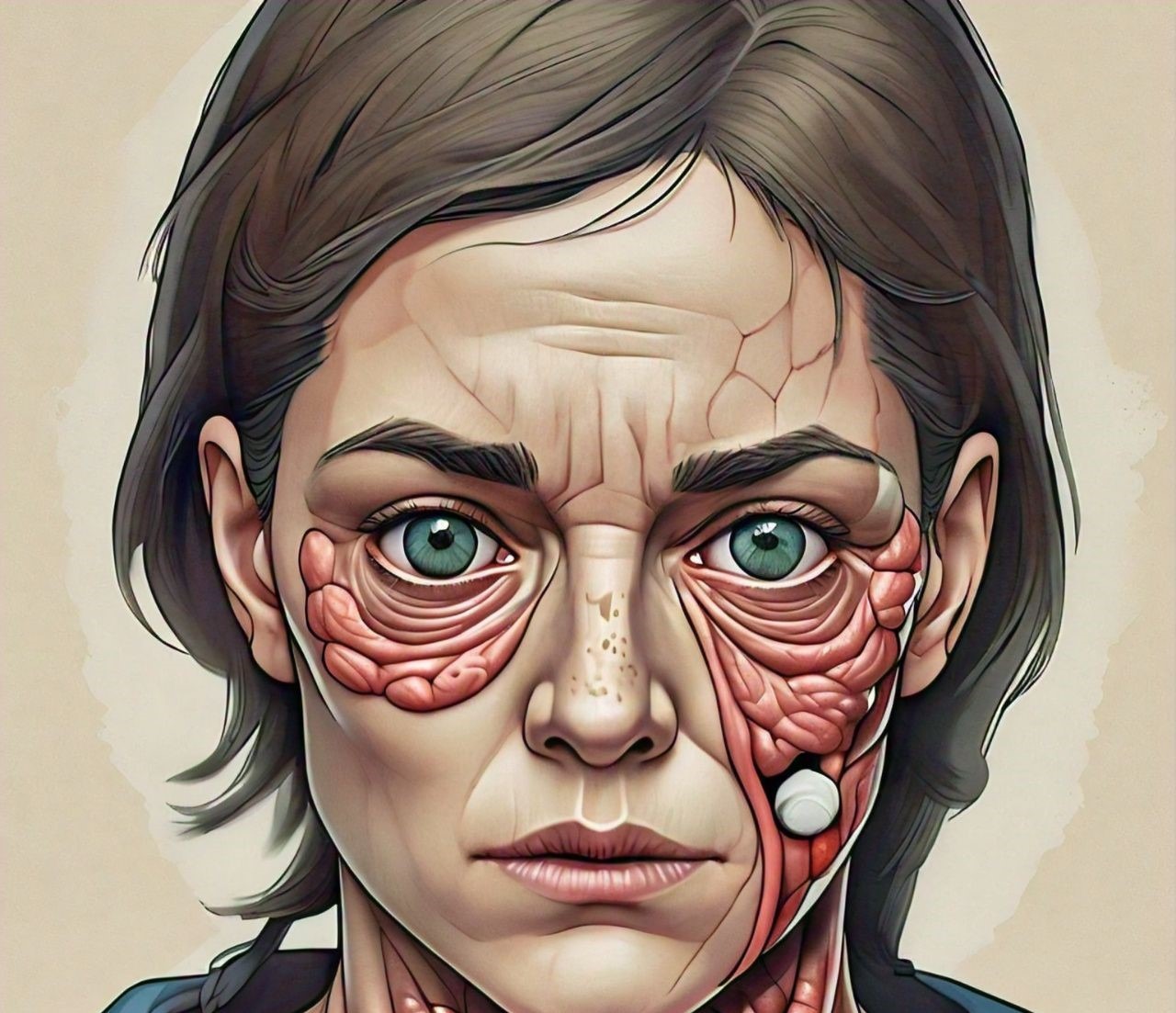Introduction
Crohn’s Disease is a long-term inflammatory condition affecting the digestive tract, and it impacts millions of people globally. Though there’s no cure, fresh approaches are giving patients more options to manage this challenging disease. In this article, we’ll explore cutting-edge methods, from simple dietary tweaks to advanced medical treatments that are helping those with Crohn’s live better lives.
Understanding Crohn’s Disease
This condition mainly affects the digestive system, causing inflammation that can lead to severe pain, diarrhea, weight loss, and even malnutrition. It can hit anywhere along the GI tract, but most often targets the small intestine and the beginning of the colon.
Causes and Triggers
No one knows exactly what causes Crohn’s Disease, but experts believe it’s a mix of genetic, environmental, and immune system factors. Several things can trigger flare-ups, including:
- Spicy or fatty foods
- Stress
- Infections
- Certain medications like NSAIDs
Because of its complexity, Crohn’s remains difficult to both diagnose and treat, but ongoing research keeps uncovering new ways to manage it better.
Common Symptoms
People with Crohn’s experience symptoms that vary, but many report:
- Persistent diarrhea
- Abdominal cramping
- Blood in their stool
- Weight loss from malnutrition
- Ongoing fatigue
Symptoms can vary greatly and may even go into remission before flaring back up again.
Diagnosis
Because Crohn’s shares symptoms with other digestive disorders, it can be tricky to diagnose. Doctors may use several tests like blood work, colonoscopies, or imaging scans to confirm inflammation. Early detection helps with managing the disease over time, so anyone experiencing symptoms should consult a healthcare professional.
Standard Treatments
Before jumping into new therapies, it’s useful to know the typical treatments currently available. Standard care usually focuses on reducing inflammation and controlling symptoms.
- Medications: Anti-inflammatory drugs, immunosuppressants, and biologics are common options for managing Crohn’s. Each type works in different ways to either slow inflammation or regulate the immune response.
- Surgery: Around 70% of people with Crohn’s will need surgery at some point to remove damaged parts of their digestive tract.
Innovative Techniques for Managing Crohn’s Disease
Let’s dive into some of the newest techniques and approaches that offer hope for those living with Crohn’s.
1. Diet and Nutrition
Diet can play a massive role in managing Crohn’s symptoms. Recent research highlights several diets that help reduce inflammation:
- Crohn’s Disease Exclusion Diet (CDED): A structured eating plan that removes foods known to cause inflammation, like processed items and dairy, while emphasizing fruits, veggies, and lean protein.
- Low FODMAP Diet: Eliminates foods high in fermentable carbs, which can worsen digestive issues.
- Anti-Inflammatory Diet (AID): Focuses on foods that naturally fight inflammation, like omega-3s, turmeric, and leafy greens.
Some people also benefit from enteral nutrition, where liquid food is fed directly into the digestive system. This helps heal the gut while still providing essential nutrients.
2. Probiotics
Gut health is crucial in Crohn’s management, and probiotics—live bacteria supplements—are helping restore a healthier balance in the gut. With inflammation and bacterial imbalance being key issues, probiotics can be a valuable addition to treatment plans.
3. Fecal Microbiota Transplantation (FMT)
One of the more innovative therapies being explored, FMT involves transplanting stool from a healthy donor into the gut of someone with Crohn’s. By restoring the bacterial environment in the digestive tract, it shows potential in bringing long-lasting remission, though it’s still undergoing trials.
4. Stem Cell Therapy
Stem cell treatment is an emerging and experimental option for Crohn’s. There are two main types:
- Autologous Hematopoietic Stem Cell Transplantation (AHSCT): This method wipes out the immune system and rebuilds it with the patient’s stem cells.
- Mesenchymal Stem Cells (MSCs): These are injected directly to reduce inflammation and promote healing.
Both approaches are still under study, but early results show promise.
5. New Medications
The development of biologics, such as ustekinumab, is creating more precise treatments by targeting specific immune pathways involved in Crohn’s. Additionally, oral biologics are in the works, making it easier for patients to take their medications without injections.
Complementary Therapies
While traditional medical treatments are essential, many people with Crohn’s also find relief through complementary therapies that help manage stress and improve their overall well-being.
1. Acupuncture
Acupuncture can reduce pain and inflammation for some Crohn’s patients, especially during flare-ups. It’s not a cure, but it offers another layer of relief.
2. Yoga and Mindfulness
Since stress often triggers Crohn’s flare-ups, mind-body practices like yoga and meditation can help. These methods reduce stress hormones and may even lower inflammation markers in the body.
3. Herbal Supplements
While scientific evidence is still limited, some people use herbs like turmeric, aloe vera, or slippery elm to manage their symptoms. Always consult a doctor before trying supplements.
Managing Crohn’s Disease Flares
Ongoing research aims to better predict and manage Crohn’s flare-ups. By identifying biomarkers that signal an impending flare, doctors hope to develop personalized treatment plans.
Can Flares Be Prevented?
While preventing all flare-ups isn’t possible, regular check-ups, diet tweaks, and stress management can significantly reduce their frequency.
Long-Term Management
Living with Crohn’s means balancing treatments with lifestyle adjustments. Many patients find success through monitoring symptoms, sticking to prescribed treatments, and building a support system to keep things manageable.
Looking Ahead: The Future of Crohn’s Disease
There’s a lot of hope for the future with new research on the horizon, particularly in:
- Gene Therapy: Researchers are investigating how modifying genes could potentially treat or prevent Crohn’s.
- Personalized Medicine: Tailoring treatments based on a person’s unique genetic and environmental factors is gaining traction.
- Microbiome Research: As we learn more about gut bacteria, new treatments aimed at restoring balance could soon transform how Crohn’s is managed.
Conclusion
Managing Crohn’s Disease can be a challenging journey, but with advancements in medical treatments, complementary therapies, and personalized care strategies, living a fulfilling life is possible. By exploring new techniques like biologic therapies, stem cell treatments, and Fecal Microbiota Transplantation (FMT), alongside lifestyle changes and stress management, individuals with Crohn’s Disease can achieve better control over their symptoms. While there is no cure yet, the future is hopeful, with ongoing research into gene therapy and microbiome-focused treatments offering promising solutions. Stay informed, consult with healthcare professionals, and explore a variety of approaches to find what works best for you.
For more information on fitness and health, check out these resources:
Explore more articles on our site:
- How to Increase Running Stamina for Beginners at Home
- What Happens if You Don’t Get Enough Sleep Consistently: Effects and Solutions
- The Ultimate Guide to Healthy Living in 2024
- The Future of Artificial Intelligence: What to Expect
- Unlocking the Potential of Chat GPT Software: Revolutionizing AI Conversations
- Best Sleeping Position for Peripheral Artery Disease [New 2024]
- How to Increase Running Stamina for Beginners at Home
- 5 New Inner Thigh Exercises for Men and Women




